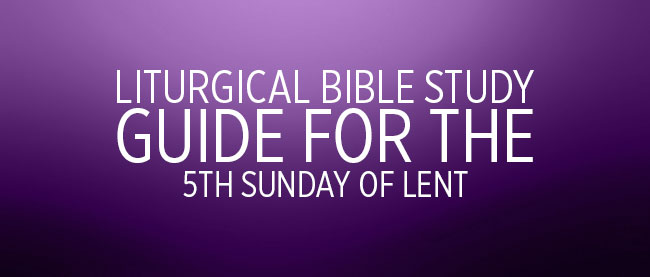1st Reading – Isaiah 43:16-21
Last week we heard of the conclusion of the exodus from Egypt; the first Passover celebration in the land of Canaan. This week we look forward to a new exodus that God promises through the prophet Isaiah. This new exodus promises to be far more wonderful than the first. God promises to restore His people after they have suffered in exile.
2nd Reading – Philippians 3:8-14
Our second reading today is from Paul’s warning to the Philippians about false teachers; Judaizers who would try to hang on to the old ways while at the same time claiming to be Christians. The Judaizers taught that in order to be a Christian, you first had to be a Jew: to be circumcised and to obey all 613 Old Covenant commandments. This question, whether or not Gentile converts to Christianity must first become full and legal Jews, prompted the Council of Jerusalem (ca. AD 50). A summary of the activities of the Council of Jerusalem comprises Acts 15.
Gospel – John 8:1-11
Today, as we prepare to enter the Easter season, we are reminded once again of God’s infinite mercy. This mercy is proclaimed through Jesus and is offered to the woman taken in adultery. Jesus confronts those men with the quiet words “let the man among you who has no sin be the first to cast a stone at her.” In one stroke Jesus proclaims the forgiving love of God and confronts the sinfulness of the accusers.
All of us have sinned. All of us must turn to the Lord in grateful thanksgiving for His mercy rather than lashing out at others in self-righteous anger. The passage which constitutes our reading today is absent from many early manuscripts, not appearing until around the third century, but it was in the Vulgate when the Magisterium, at the Council of
Trent (1545-1563) [and one must assume at the Council of Hippo (393) which defined the list of New Testament books and the Council of Carthage (397) which declared them inspired, although neither are ecumenical councils] defined the canon of sacred scripture. Therefore, the Church regards it as canonical and inspired. Saint Augustine said the reason doubts were raised about this passage was that it shows Jesus to be so merciful that some rigorists thought it would lead to a relaxation of moral rules – and therefore copyists suppressed it from their manuscripts.


